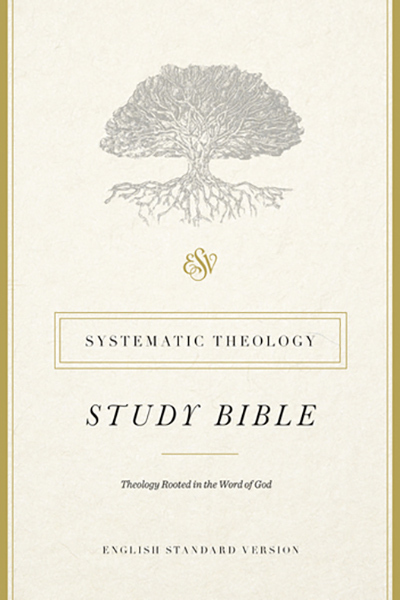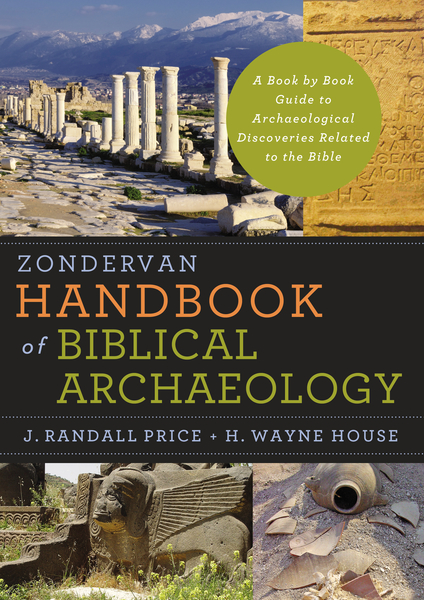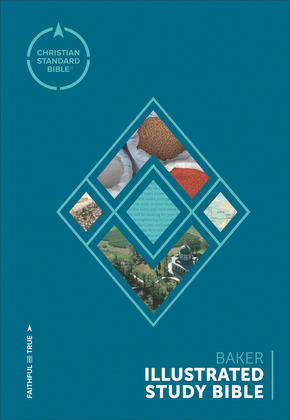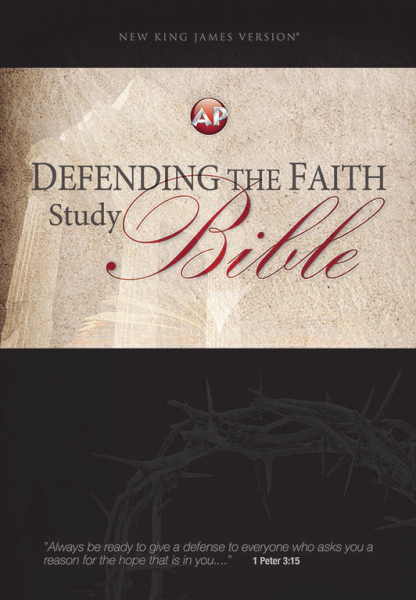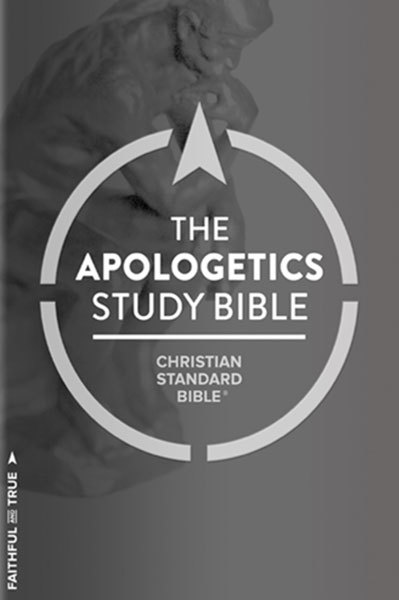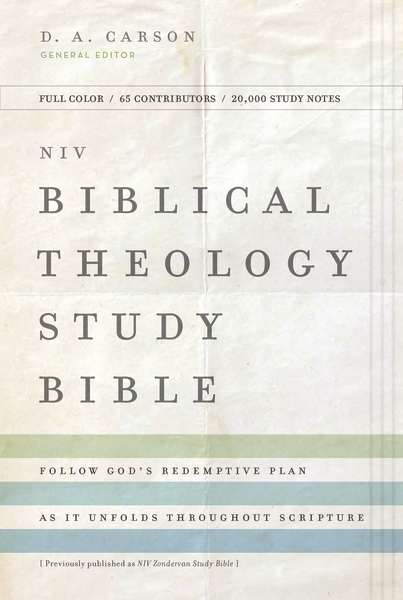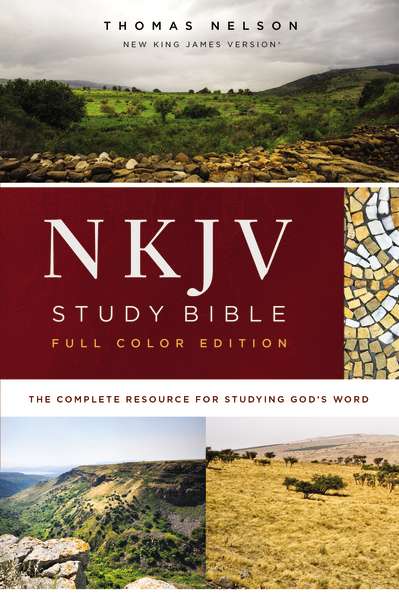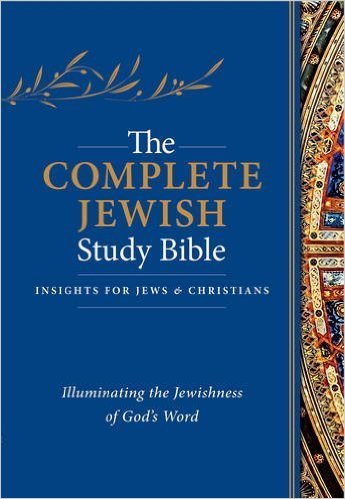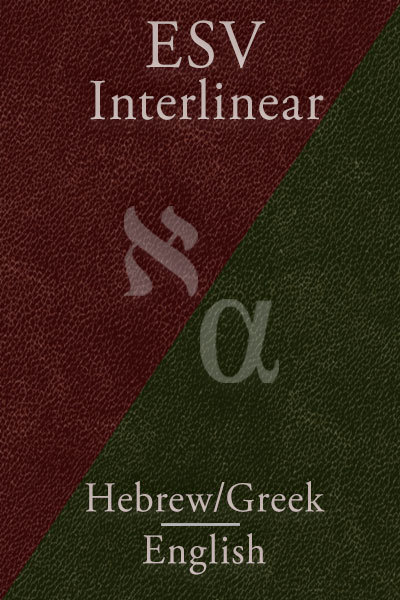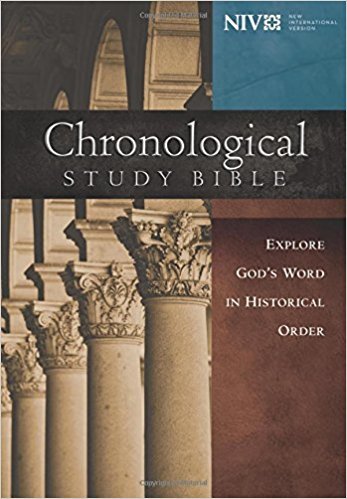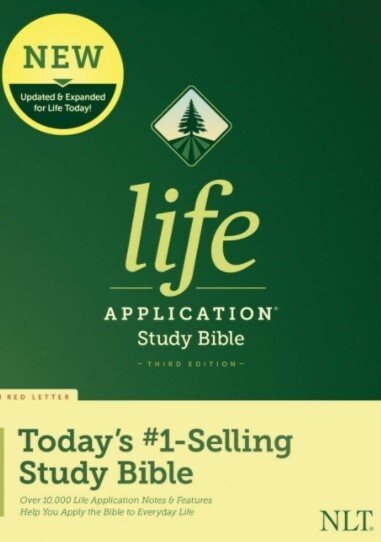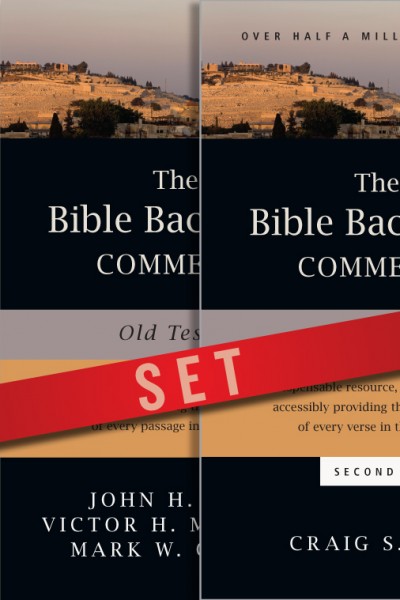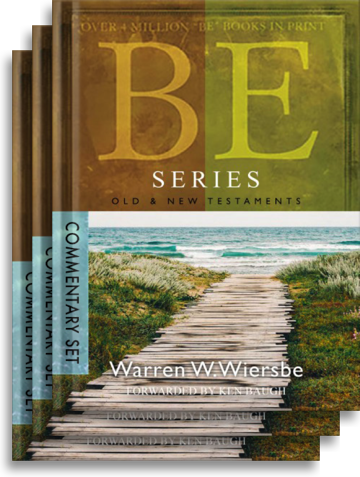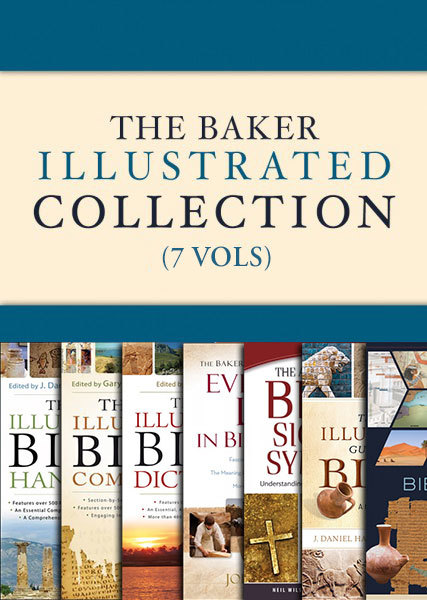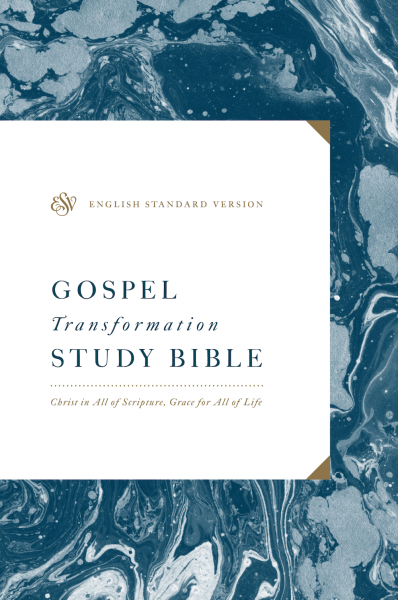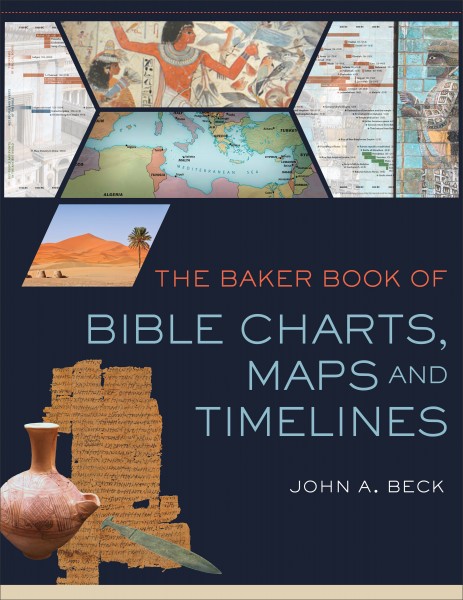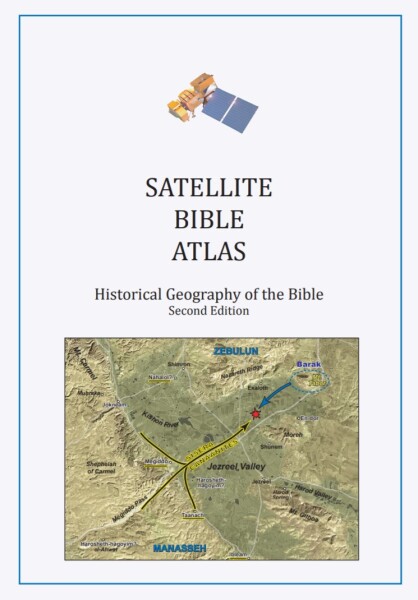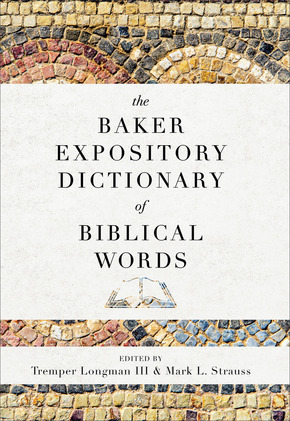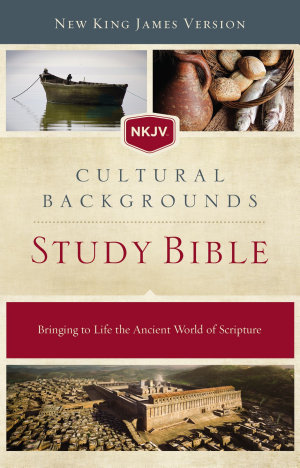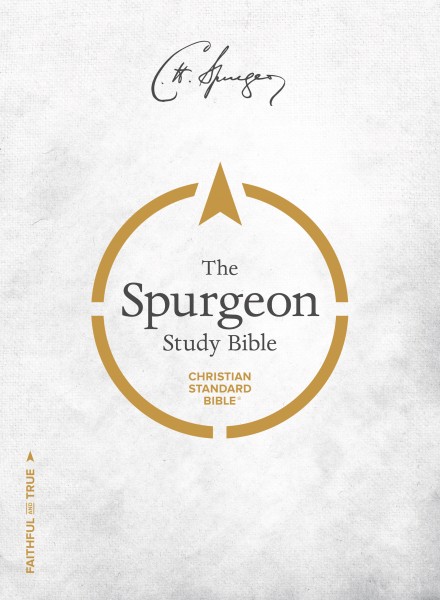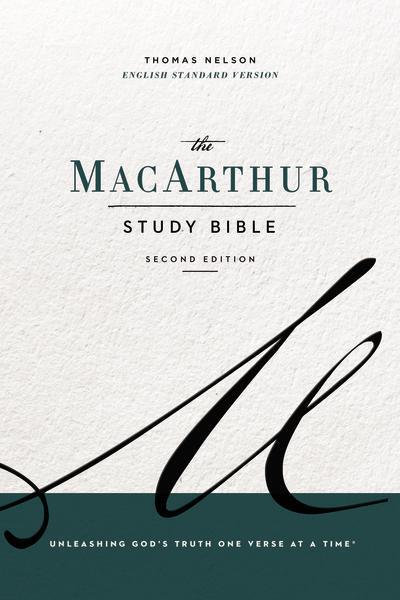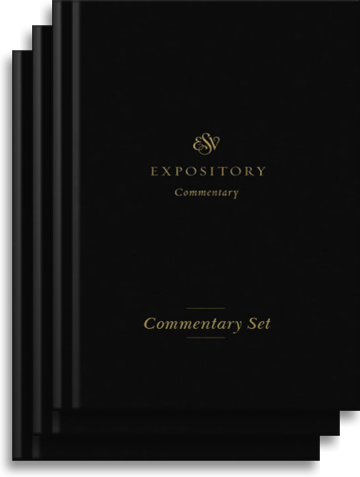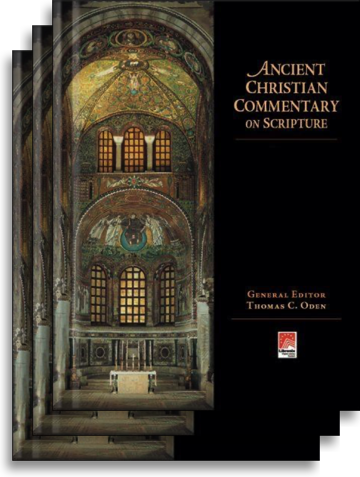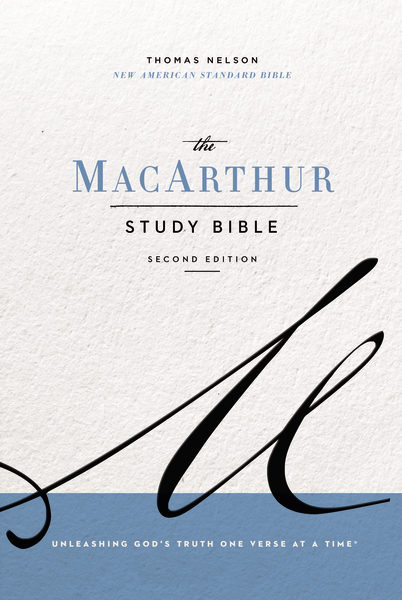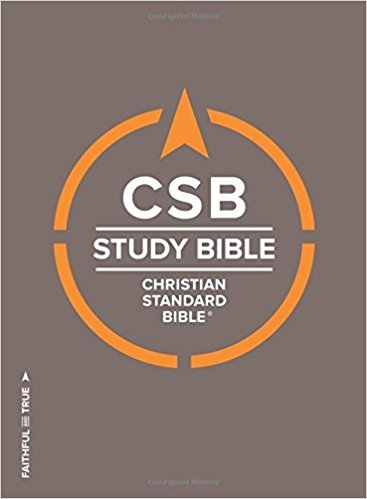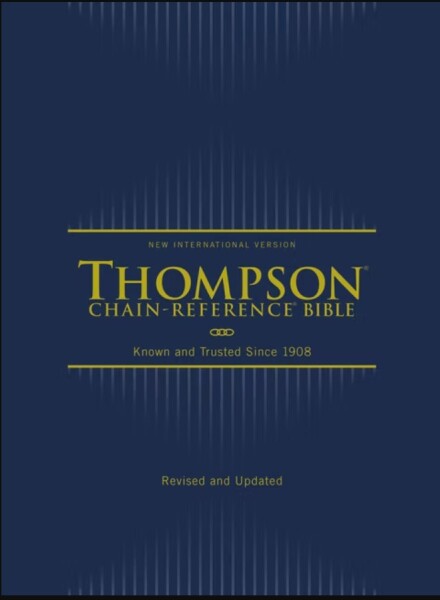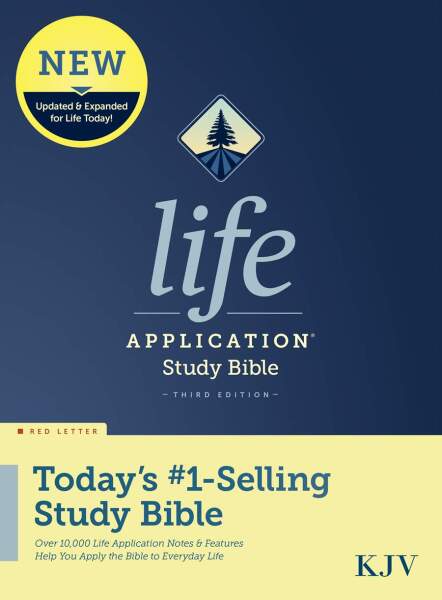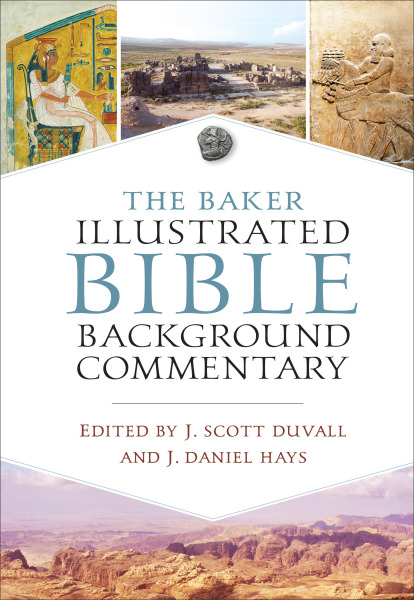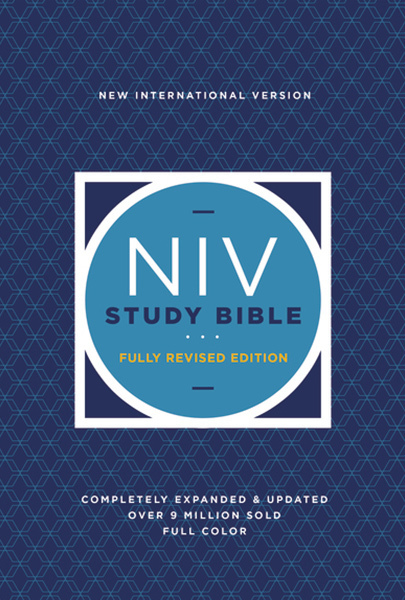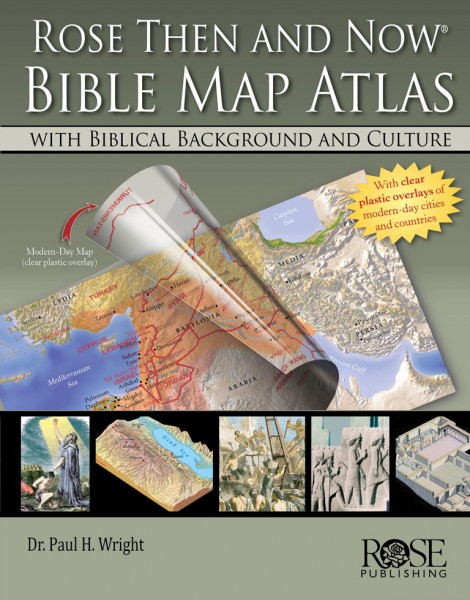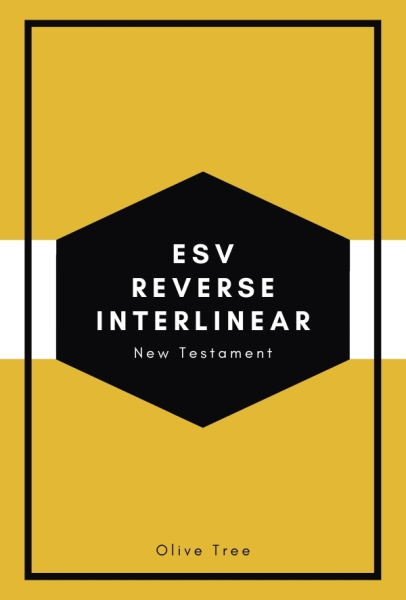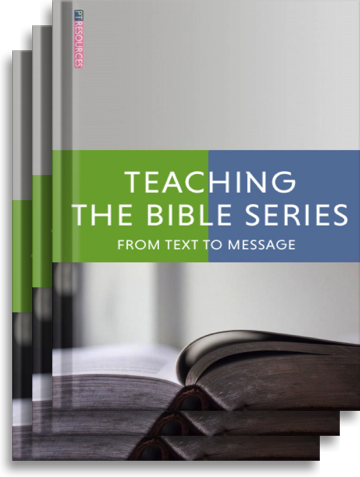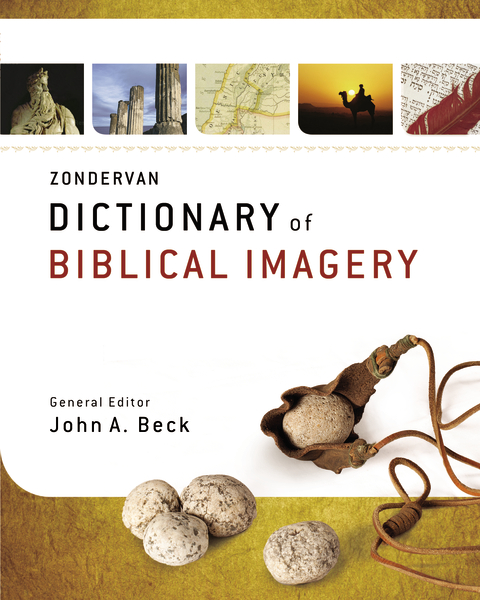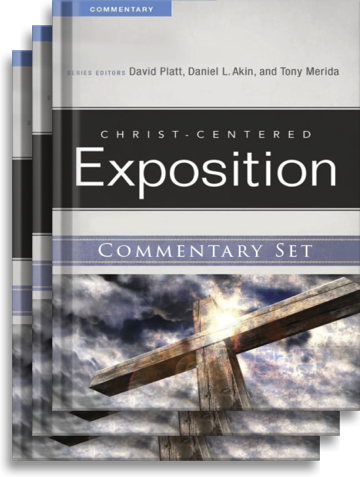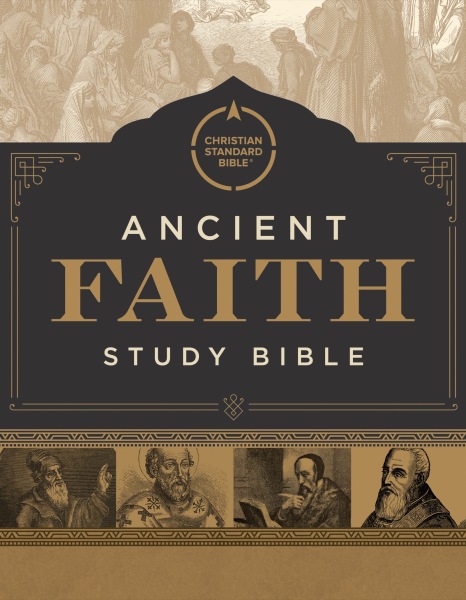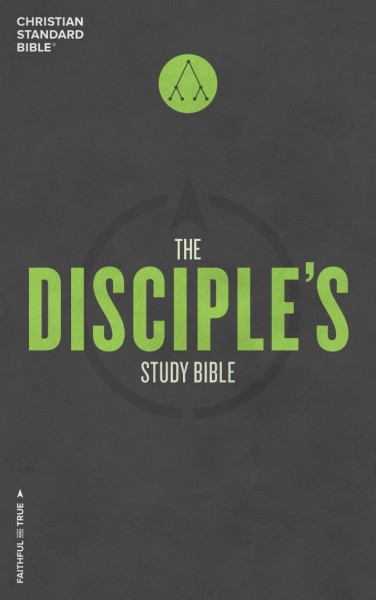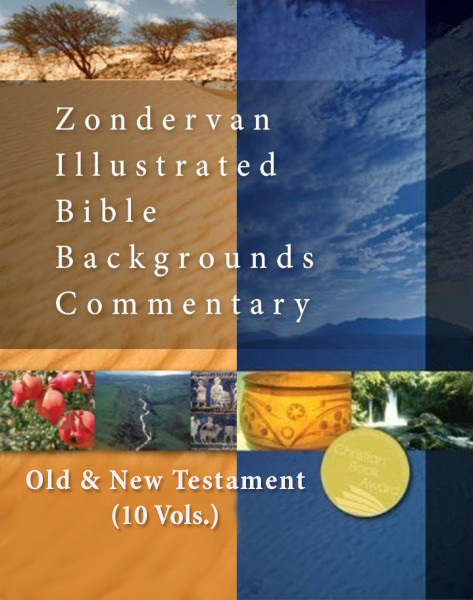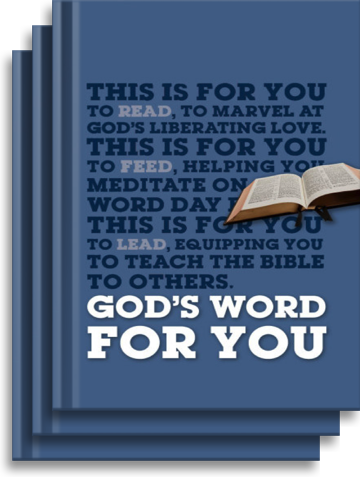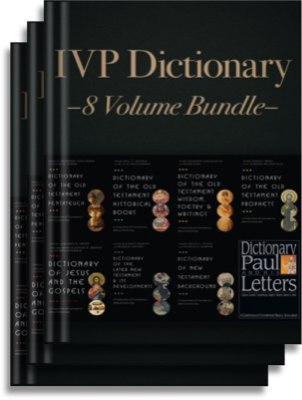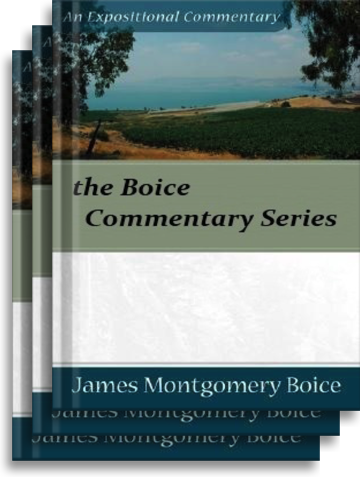

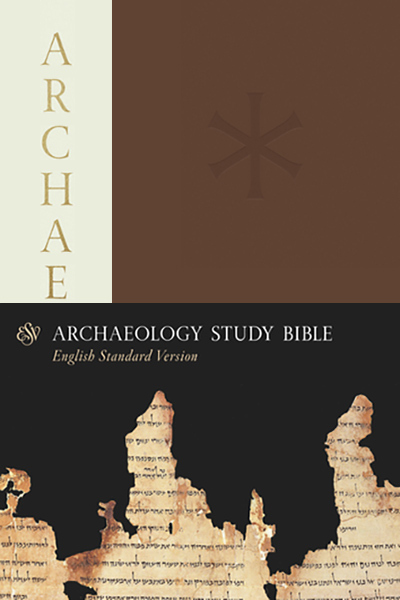
ESV Archaeology Study Bible

ESV Archaeology Study Bible
The ESV Archaeology Study Bible roots the biblical text in its historical and cultural context, offering readers a framework for better understanding the people, places, and events recorded in Scripture. With editorial oversight from Dr. John Currid (PhD, University of Chicago) and Dr. David Chapman (PhD, University of Cambridge), as well as contributions from a team of field-trained archaeologists, the ESV Archaeology Study Bible assembles a range of modern scholarship to create a unique and powerful study aid.
Features:
Exclusive Articles: Explore key topics of interest in biblical archaeology through fifteen essays written specifically for this project.

Striking Images: Full-color photos, maps, and diagrams visually invite the reader into the world of the Bible.

Study Aids: Detailed charts, sidebars, timelines, and notes all enhance understanding of Biblical topics and contexts through a unique, archaeological perspective.

All-New Glossary: Look up key words used throughout the ESV Archaeology Study Bible.

Endorsements
“Everyone who wants to understand the Bible better will welcome the ESV Archaeology Study Bible. This marvelous resource will help readers visualize the people and places of the Bible and appreciate the importance of archaeology for a deeper and more accurate understanding of Scripture. All of us are indebted to editors John Currid and David Chapman.”
—Craig A. Evans, John Bisagno Distinguished Professor of Christian Origins, Houston Baptist University
“The ESV Archaeology Study Bible is a valuable combination of archaeology and text, sure to be a great help for understanding the archaeological, historical, and cultural background of the Bible. So much of this cultural background is lost to the modern reader, but the Archaeology Study Bible brings the text alive with its helpful articles, comments, and color photographs, all based on the most recent archaeological discoveries. I highly recommend this wonderfully illustrated Archaeology Study Bible that is paired with the ESV translation of the ancient texts of the Bible.”
—David E. Graves, Assistant Professor, Rawling School of Divinity, Liberty University; author, Biblical Archaeology; The Location of Sodom; and Jesus Speaks to Seven of His Churches
